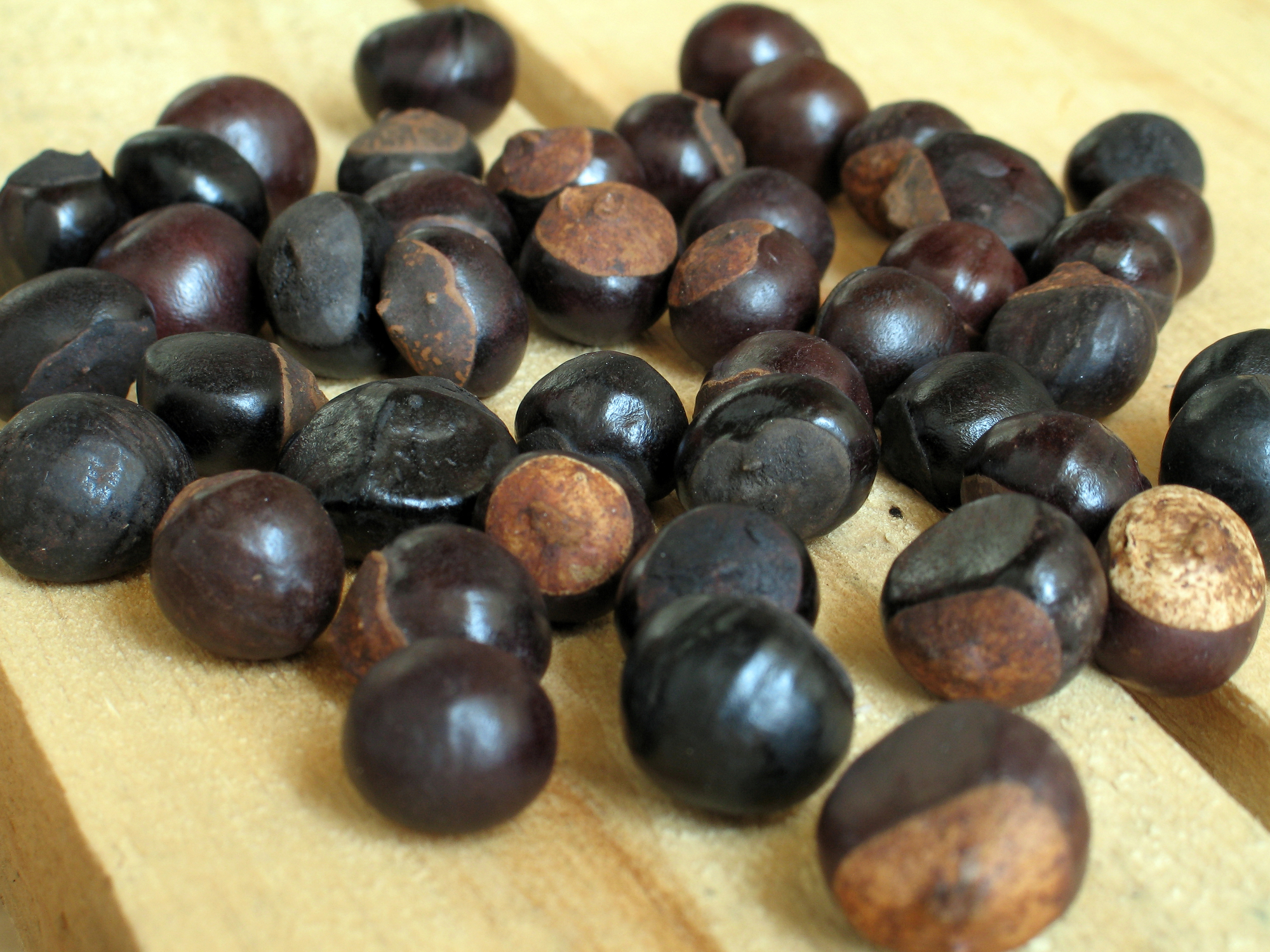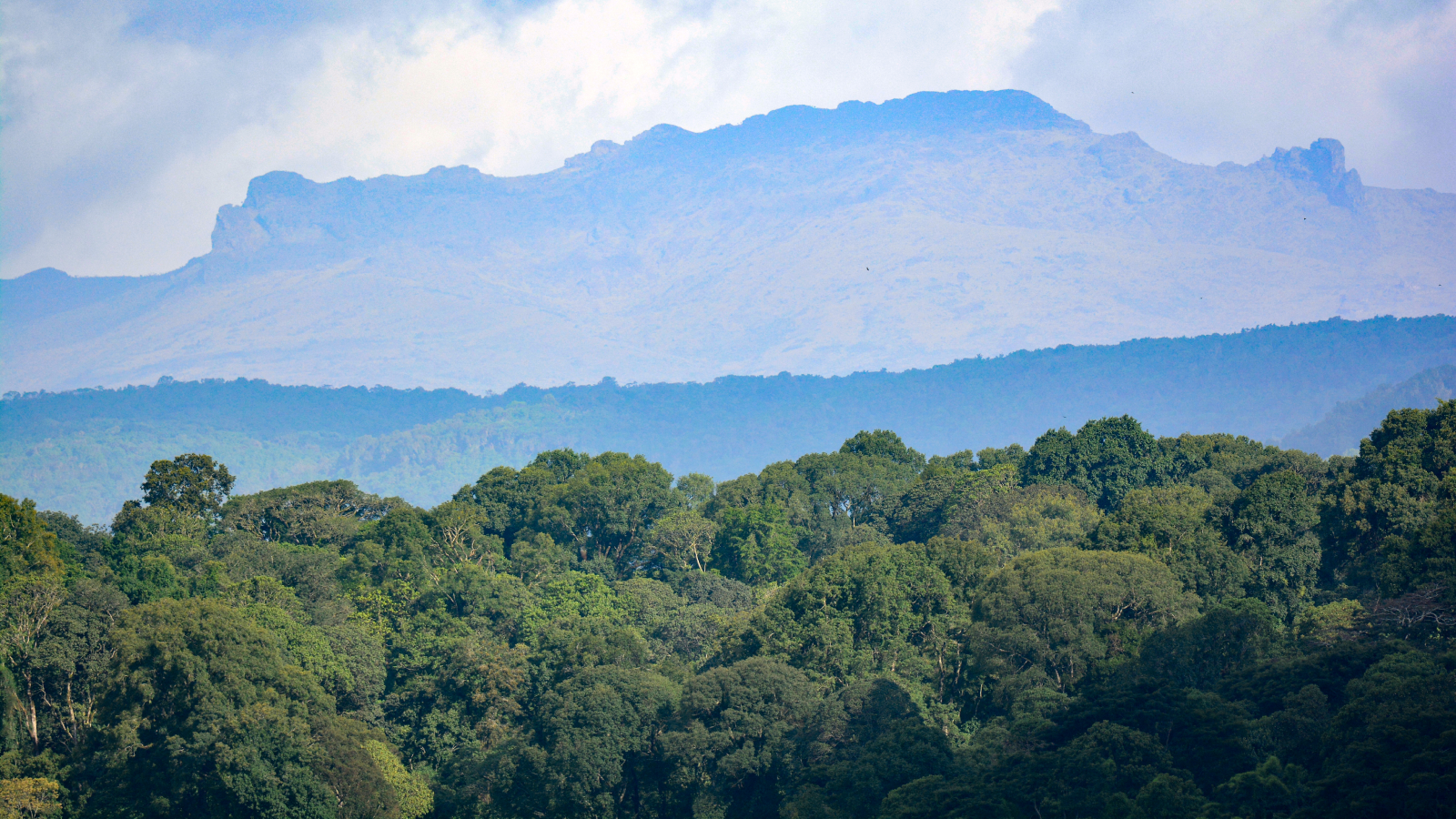The Truth About Guarana

Bombastically named energy drinks such as Full Throttle, Monster, Red Bull and Rockstar all contain the herbal supplement guarana. The compound is also found in over-the-counter weight loss products, and it's been marketed as an aphrodisiac. What is guarana, and does it have any physiological effects?
Guarana is a South American fruit that looks like suspiciously like an eyeball, with a fleshy white fruit that surrounds dark brown seeds. These seeds are about the size of coffee beans, but they contain more than twice as much caffeine. As a supplement, guarana is considered "generally recognized as safe" by the U.S. Food and Drug Administration.
The guarana vine originated in the Amazon basin, where local people have long taken advantage of its stimulating properties. A 17th century Jesuit missionary noted that guarana gave members of an Amazon tribe "so much energy, that when hunting, they could go from one day to the next without feeling hungry." Brazilian soft drinks have included guarana since 1909, but it only became widely used in the United States recently, when energy drinks gained explosive popularity.
Very generally speaking, whenever you see both guarana and caffeine on an ingredients list, you can read guarana as even more caffeine. Additionally, however, guarana contains tiny amounts of theophylline and theobromine (the later is chemical that makes chocolate poisonous to dogs and cats), which are similar to caffeine, although they exert subtly different effects on the body.
Guarana also contains molecules called tannins, which some say causes the caffeine in guarana to release slowly, producing a long-lasting energy plateau. (Tannins are found in some wines, where they bring a woody flavor.) The fact that guarana's doesn't readily dissolve in water also supposedly contributes to its long-lasting effects, but no one has conclusively shown that the body processes guarana-derived caffeine differently than the caffeine found in coffee beans or tea leaves.
The caffeine that humans seek in guarana serves a very different purpose in the wild: it's a natural insecticide that keeps plant-eating bugs at bay. Still, hungry birds can digest the fleshy, caffeine-free fruit, but the caffeine-rich seeds pass unscathed through their digestive tracts, often landing in a new location, helping give rise to a new generation of guarana plants.
Pass it on: Guarana is a potent source of caffeine; avoid it before bedtime.
Get the world’s most fascinating discoveries delivered straight to your inbox.
Food Facts explores the weird world of the chemicals and nutrients found in our food, and appears on MyHealthNewsDaily on Fridays. Follow MyHealthNewsDaily on Twitter @MyHealth_MHND. Find us on Facebook.
Read more Food Facts columns:



